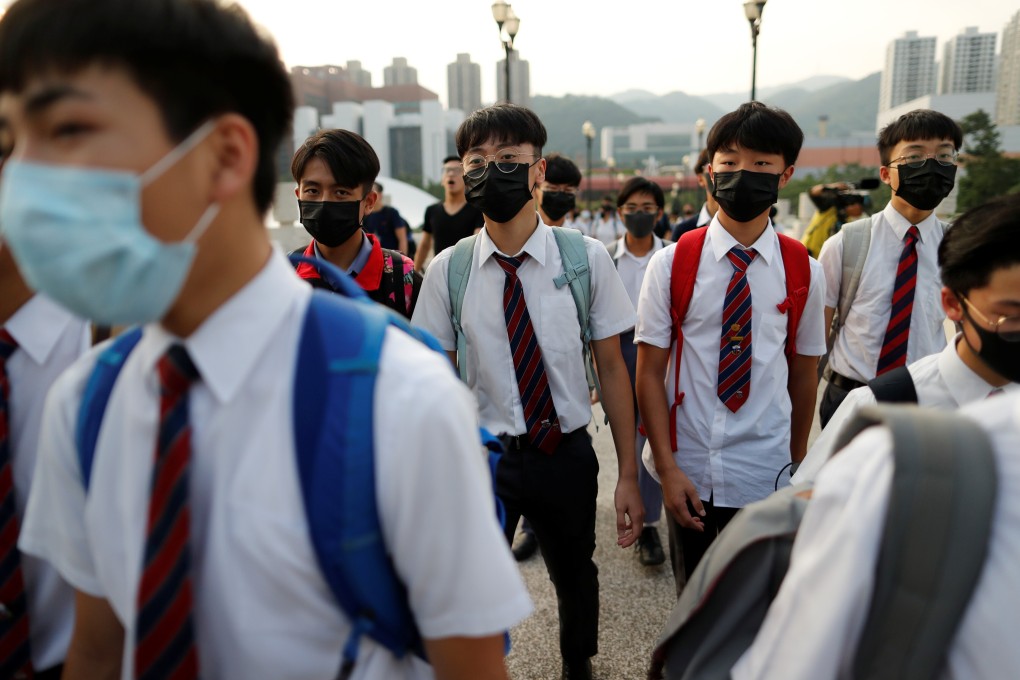Opinion | Patriotism in Hong Kong schools should not come at the cost of critical thinking
- Hong Kong’s recently implemented national anthem law and proposed national security law will heavily affect students
- We need to keep providing opportunities for them to develop thought and the right to express it

In his dystopian novel Nineteen Eighty-Four, George Orwell introduced the word “doublethink” into the lexicon.
Despite government reassurance that this law will affect a very small segment of the Hong Kong community, there are concerns that students’ right to express their opinions will be curtailed in schools and universities. This goes against the very responsibility these institutions have towards students: to instil a passion for learning and acquire knowledge.

“Theory of Knowledge” is one compulsory component of the International Baccalaureate diploma programme. It asks students to reflect on the nature of knowledge and on how we know what we claim to know.
“An education system which does not qualify them [students] to question and challenge the existing theories and policies is useless and must be questioned for its own validity,” Indian psychologist Ranjit Powar, who writes extensively on student activism, said in an article in December. “To justify one’s education, it is imperative for all educated persons to understand [and] analyse issues and take a rational perspective.”

